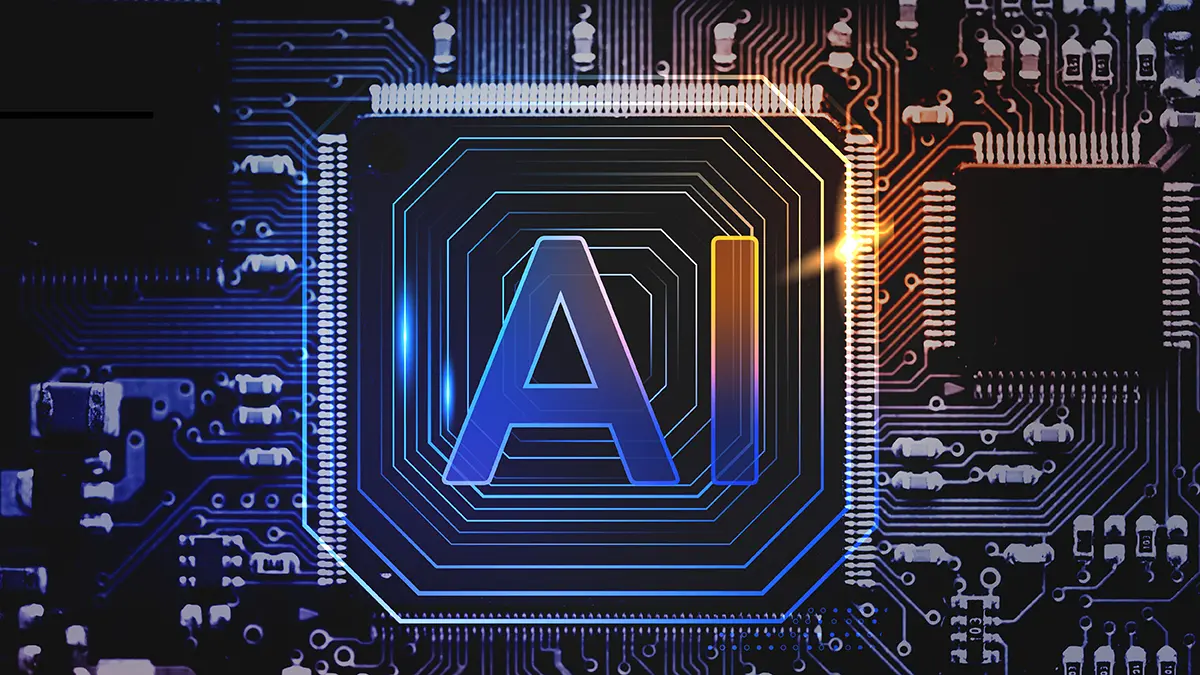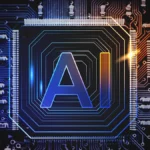Are You Ready to Dive into the World of AI?Artificial Intelligence (AI) has become an indispensable part of various industries, revolutionizing the way we approach problem-solving, data analysis, and automation. As AI continues to evolve, so does the need for cutting-edge AI software tools that can help professionals, researchers, and enthusiasts stay ahead of the curve. But with so many options available, which tools should you focus on in 2024? Let’s explore the 8 best AI software tools that are shaping the future of technology.
Why You Need the Best AI Software Tools
The right AI software tools can dramatically enhance your productivity, simplify complex tasks, and provide you with the insights necessary to make informed decisions. Whether you’re involved in machine learning, data science, natural language processing, or robotics, having access to top-notch tools is crucial.
1. TensorFlow
Overview: TensorFlow, developed by Google Brain, is an open-source machine learning framework that’s highly popular among developers and researchers. Its flexibility and comprehensive libraries make it ideal for a variety of AI tasks, from neural network training to large-scale machine learning models.
Key Features:
- Versatility: Supports deep learning and neural networks.
- Ease of Use: Provides high-level APIs such as Keras.
- Scalability: Can be deployed on various platforms including CPUs, GPUs, and TPUs.
Pros:
- Strong community support.
- Extensive documentation and tutorials.
- Regular updates and improvements.
Cons:
- Steeper learning curve for beginners.
- Resource-intensive.
Best For: Developers looking to build and deploy machine learning models at scale.
2. PyTorch
Overview: PyTorch, created by Facebook’s AI Research lab, is another leading open-source machine learning library. Known for its dynamic computational graph and ease of use, PyTorch is favored by researchers and developers for rapid prototyping and research.
Key Features:
- Dynamic Computation Graph: Facilitates easier model modification and debugging.
- Integration: Seamless integration with Python, making it user-friendly.
- Community: Strong support and a growing ecosystem.
Pros:
- Intuitive and easy to learn.
- Excellent for deep learning research.
- Extensive library of pre-trained models.
Cons:
- May not be as performant as TensorFlow for production.
- Smaller community compared to TensorFlow.
Best For: Researchers and developers focusing on deep learning and prototyping.
3. IBM Watson
Overview: IBM Watson offers a suite of AI tools and applications designed to help businesses integrate AI into their operations. From natural language processing to machine learning, Watson’s tools are geared towards solving real-world business problems.
Key Features:
- Watson Assistant: For building conversational interfaces.
- Watson Studio: Comprehensive environment for data scientists.
- Watson Discovery: AI-powered data mining and insights.
Pros:
- Enterprise-grade solutions.
- Robust security features.
- Extensive support and resources.
Cons:
- Can be expensive for small businesses.
- Requires significant time to fully leverage all features.
Best For: Businesses seeking to implement AI solutions across various departments.
4. Microsoft Azure AI
Overview: Microsoft Azure AI provides a robust set of AI services and tools for developers and businesses. Leveraging Azure’s cloud infrastructure, it offers scalable and customizable solutions for AI development.
Key Features:
- Azure Machine Learning: End-to-end machine learning service.
- Cognitive Services: Pre-built APIs for vision, speech, and language.
- Bot Service: Platform for building intelligent bots.
Pros:
- Highly scalable.
- Integration with other Microsoft services.
- Strong security and compliance.
Cons:
- Requires a deep understanding of Azure.
- Costs can escalate quickly with increased usage.
Best For: Enterprises looking for scalable AI solutions integrated with cloud services.
5. H2O.ai
Overview: H2O.ai offers an open-source machine learning platform that is renowned for its ease of use and powerful automated machine learning (AutoML) capabilities. It’s ideal for data scientists and analysts looking to streamline their workflows.
Key Features:
- Driverless AI: AutoML tool that simplifies model building.
- H2O-3: Open-source machine learning platform.
- Sparkling Water: Integration with Apache Spark.
Pros:
- Easy to use with a focus on automation.
- Strong support for various machine learning algorithms.
- Excellent documentation and community support.
Cons:
- Limited customization for advanced users.
- Requires a good understanding of machine learning concepts.
Best For: Data scientists and analysts seeking to leverage AutoML for faster insights.
6. RapidMiner
Overview: RapidMiner is a data science platform that provides a comprehensive suite of tools for data preparation, machine learning, and predictive analytics. It is designed to make data science accessible to non-coders.
Key Features:
- Visual Workflow Designer: Intuitive drag-and-drop interface.
- Automated Machine Learning: Simplifies the model building process.
- Extensive Integrations: Supports various data sources and tools.
Pros:
- User-friendly interface.
- Strong focus on usability and collaboration.
- Good for both beginners and experienced users.
Cons:
- Performance can be slow with large datasets.
- Limited advanced features for expert data scientists.
Best For: Business analysts and beginners in data science.
7. Google Cloud AI
Overview: Google Cloud AI offers a suite of AI and machine learning services designed to help developers and data scientists build, train, and deploy models at scale. Leveraging Google’s powerful infrastructure, it provides robust solutions for various AI applications.
Key Features:
- AI Hub: Centralized repository for AI assets.
- AutoML: Tools for training high-quality models with minimal effort.
- BigQuery ML: Integration with Google’s BigQuery for large-scale data analysis.
Pros:
- Highly scalable and performant.
- Strong integration with Google’s ecosystem.
- Excellent support and documentation.
Cons:
- Can be complex for beginners.
- Costs can add up quickly.
Best For: Developers and data scientists needing scalable AI solutions.
8. DataRobot
Overview: DataRobot is an enterprise AI platform that automates the end-to-end process of building, deploying, and maintaining machine learning models. It’s designed to empower business users with AI-driven insights.
Key Features:
- Automated Machine Learning: Simplifies the model building process.
- Deployment and Monitoring: Tools for deploying and monitoring models in production.
- Collaboration: Features for team collaboration and model governance.
Pros:
- User-friendly with a focus on automation.
- Strong enterprise support.
- Excellent for deploying models in production.
Cons:
- Can be expensive for small teams.
- Limited customization for advanced users.
Best For: Businesses looking to integrate AI into their operations with minimal technical overhead.
Conclusion
Artificial Intelligence is rapidly transforming industries across the globe, and having the right AI software tools is essential for staying competitive. Whether you’re a developer, data scientist, researcher, or business professional, these 8 AI software tools offer a range of features and capabilities to help you succeed in 2024 and beyond.
By leveraging these tools, you can enhance your productivity, gain deeper insights, and drive innovation within your organization. Don’t wait—explore these AI tools today and take your AI journey to the next level.



















